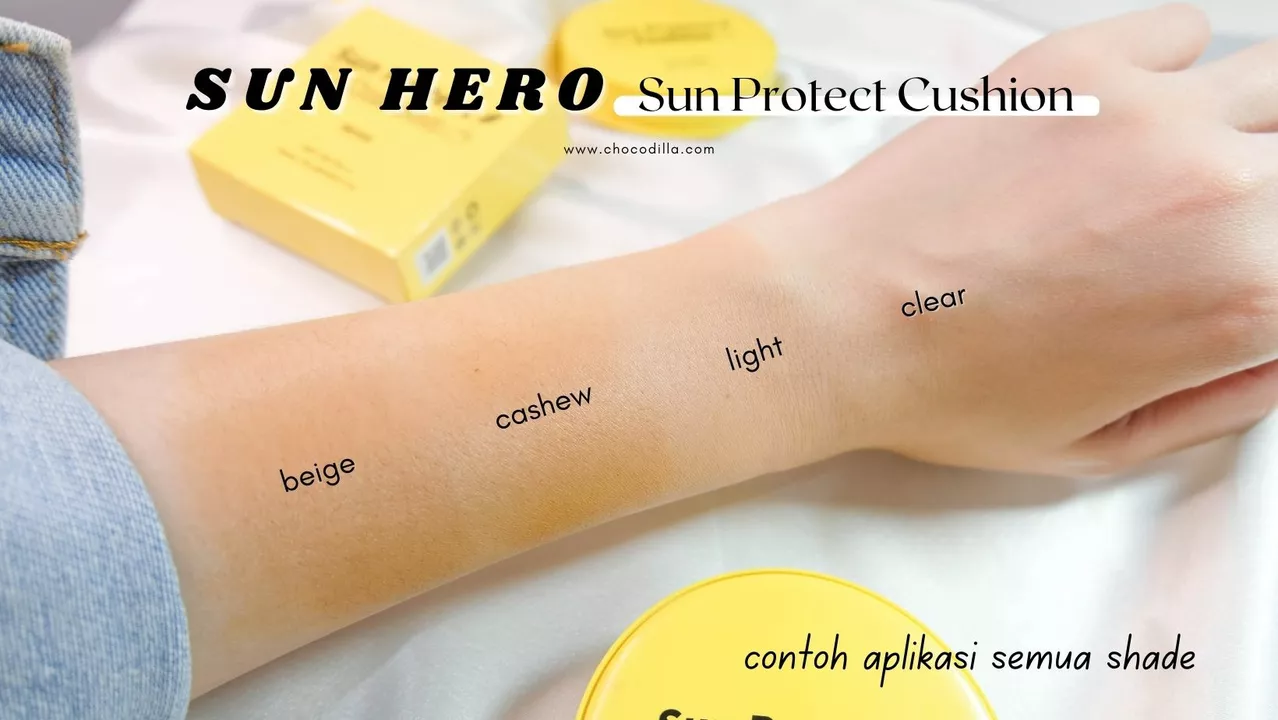UV exposure: what it does to your skin and how to stop it
A bad sunburn doesn't just sting for a few days — repeated UV damage speeds up aging and raises your risk for skin cancer. Research links severe childhood sunburns to a higher chance of melanoma later in life. So what should you actually do when the sun is strong? Simple, practical steps work best.
Everyday protection that actually helps
Sunscreen is the MVP but most people use too little. Aim for about one ounce (a shot-glass worth) to cover your exposed skin. Pick a broad-spectrum SPF 30 or higher and reapply every two hours — faster if you swim or sweat. Don’t forget often-missed spots: ears, back of the neck, tops of feet, and lips (use SPF lip balm).
Clothing matters. A wide-brim hat shields your face, neck, and ears. Long sleeves and pants with tightly woven fabric or a UPF rating give much better protection than thin cotton. Seek shade between 10 a.m. and 4 p.m. when UV rays peak. Tanning beds are risky — they boost cancer risk and offer no safe tan.
Eyes, meds, and when to see a doctor
UV damages eyes too. Wear sunglasses labeled UV400 or "blocks 100% UVA/UVB" and choose wraparound styles to cut light from the sides. Polarized lenses reduce glare but don’t guarantee UV protection — check the label.
Certain medicines make you more sensitive to the sun. Antibiotics like tetracyclines, some fluoroquinolones, thiazide diuretics, and retinoids (like isotretinoin used for acne) can cause stronger burns or rashes. If you’re on meds, ask your pharmacist or doctor about photosensitivity and extra precautions.
Spot check your skin once a month. Look for new moles, spots that grow, or changes in color or shape. If a spot bleeds, itches, or doesn’t heal, get it checked by a dermatologist. Early checks catch trouble when it’s easiest to treat.
Quick sunburn care: cool compresses, plenty of water, and over-the-counter pain relief like ibuprofen or acetaminophen if needed. Avoid breaking blisters; cover them lightly and see a doctor if the burn is large, blistering heavily, or shows infection (increasing pain, swelling, pus).
Want specific tips for kids or people on acne meds? We cover that in our guides — for example, isotretinoin makes skin more sun-sensitive, so extra protection is needed. If you’re unsure, ask your provider for clear steps based on your meds and routine.
Small habits add up: routine sunscreen, better hats, and smart timing outdoors cut your UV exposure a lot. Protecting your skin today pays off with healthier skin and less risk down the road.

